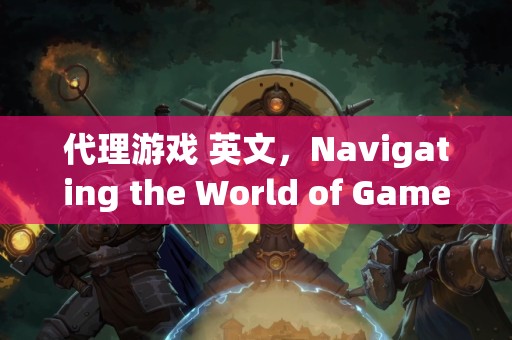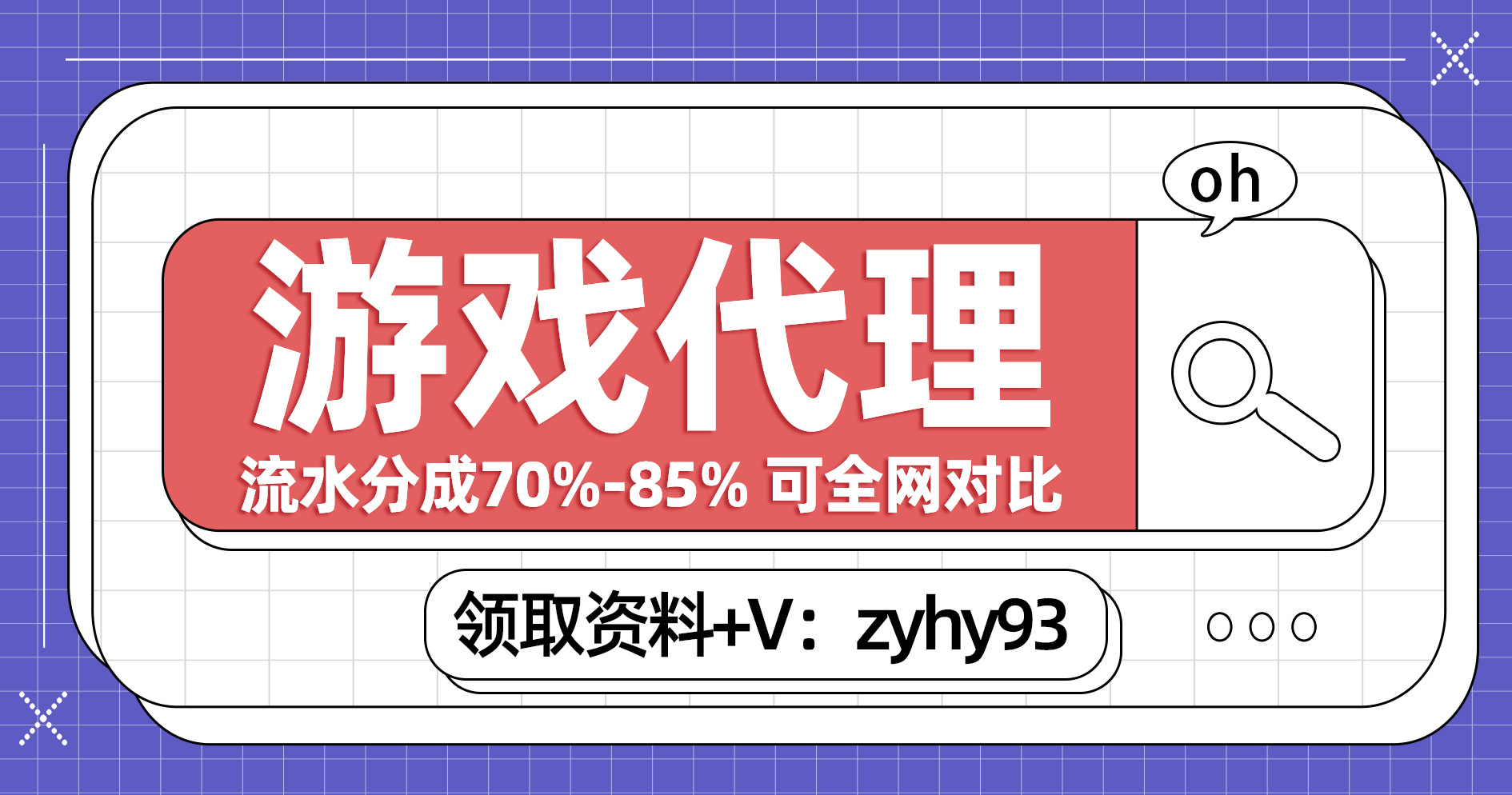代理游戏 英文,Navigating the World of Game Agency: An In-depth Guide
The video game industry is a dynamic and ever-evolving sector, where creativity meets technology to produce immersive experiences for players worldwide. Within this realm, the concept of 'game agency' plays a crucial role in determining how engaging and impactful these gaming experiences can be. This guide delves into the nuanced world of game agency, exploring its definition, importance, and practical applications in game design and development.

What is Game Agency?
At its core, game agency refers to the degree of autonomy and control a player has within a game environment. It embodies the ability of the player to make meaningful choices that influence the narrative, gameplay, and outcomes of the game. In essence, agency is what separates passive observers from active participants in the gaming landscape.
Importance of Agency in Games
Agency is vital because it fosters a sense of ownership and investment in the gaming experience. Players who feel their choices matter are more likely to become emotionally engaged, which enhances the overall appeal of the game. Moreover, games with high agency often boast increased replayability, as different player decisions can lead to varied game paths and endings.
In storytelling, agency allows players to craft their own narrative within the framework provided by game developers. This personal touch can transform a linear story into a multifaceted adventure tailored to each player's preferences and actions.
Enhancing Agency in Game Design
Designing a game with player agency in mind involves several key considerations:
1、Choice and Consequence: Developers must create branching pathways and diverse outcomes based on player decisions. These choices should have clear consequences that affect the game world, characters, or storyline.
2、Interactivity and Exploration: The game world should invite exploration, with interactive elements that respond logically to player actions. This feedback loop reinforces the idea that the player's input matters.
3、Character Customization: Allowing players to customize their characters not only in appearance but also in abilities and skills provides another layer of agency. This personal touch immerses players further into the role they inhabit.
4、Emergent Narrative: Games should be designed to support emergent storytelling, where the narrative unfolds naturally from player actions rather than following a rigid script.
5、Accessibility and Challenge: Providing options for difficulty levels and accessibility features ensures that a wider range of players can engage with the game on their terms.
6、Feedback Systems: Constructive feedback such as hints, tips, and rewards for discovering new areas or solving puzzles can guide players without compromising their freedom to explore.
Examples of High-Agency Games
Some games are lauded for granting significant agency to players. For instance, the "Elder Scrolls" series is renowned for its open world and player-driven narratives. Similarly, "Minecraft" offers near-infinite creative freedom in its sandbox environment. In the realm of storytelling, games like "Knights of the Old Republic" and "The Witcher 3: Wild Hunt" allow players to make decisions that profoundly impact the game’s world and characters.
Challenges and Limitations
While agency is desirable, it comes with challenges. Balancing player autonomy with a coherent narrative can be complex. Too much freedom might lead to player confusion or a lack of direction, while too little can result in a feeling of being on rails. Additionally, implementing branching storylines increases development time and costs, making such projects more risky financially.
The Future of Game Agency
As technology advances, we can expect game agency to evolve alongside it. Virtual reality (VR) and augmented reality (AR) technologies promise immersive experiences where player agency can reach new heights. AI developments could lead to more responsive game environments and characters that adapt to player choices in real-time.
Conclusion
Game agency is not merely a buzzword; it is a fundamental aspect of modern gaming that shapes how players interact with games. As we move forward, understanding and implementing agency will continue to be essential for creating engaging and memorable gaming experiences. By placing the power of choice and action in the hands of players, developers can craft games that resonate long after the credits roll.












